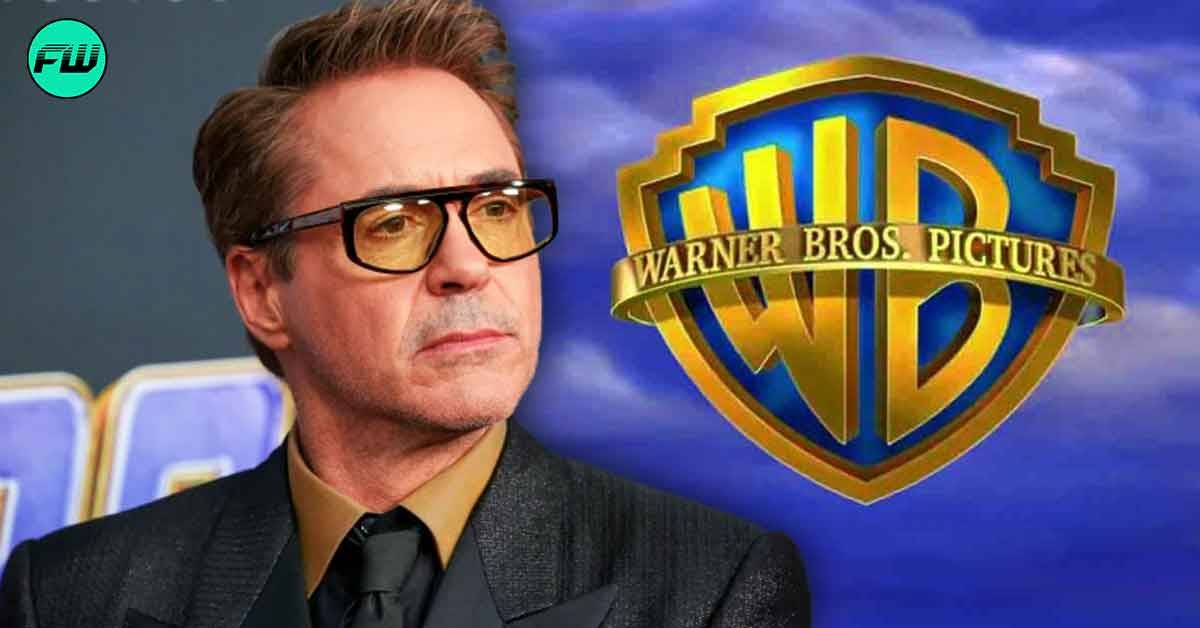In a recent interview, Robert Downey Jr. reflected on the early years of his career when he had a good working connection with Warner Bros. and was free to pursue passion projects even if they didn’t do well commercially.
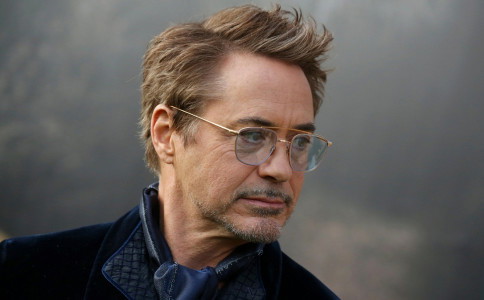
The Iron Man star showed how Hollywood’s environment has evolved, making it more difficult for celebrities to utilize their influence to get experimental or risky projects completed in a YouTube interview. When some of his movies in the 1990s and the early 2000s failed to make money, Downey said he missed the “forgiveness” that studios like WB used to have.
Forgiving Flops Gave Robert Downey Jr. Opportunities
Despite his prior personal difficulties, Warner Bros.’s decision to take a chance on Downey as a lead actor in movies like Chaplin marked his early career. While Downey received an Oscar nod for 1992’s Chaplin, other WB movies like The Singing Detective struggled commercially.
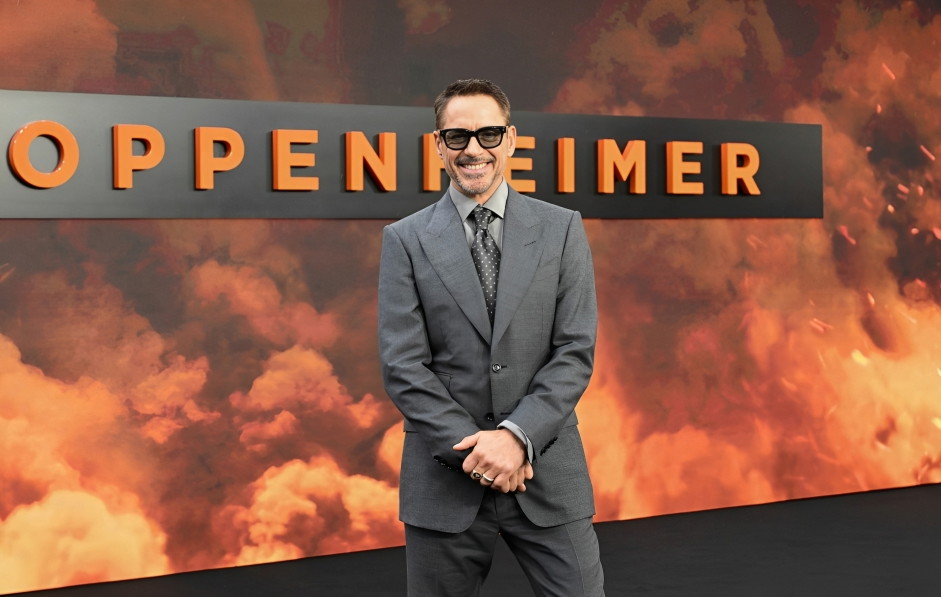
“We’re really fortunate in that, I had such goodwill for Warner Brothers with the having done several, Sherlock, films with them, that they’re like, Yeah, we don’t know if this one’s really a fiscal win for us, but we love the script. Go shoot it. And those days are over.”
Even though other studios viewed Robert Downey Jr as a liability because of his substance misuse troubles, the studio saw potential in him and kept working with him. With parts in films like Gothika, Good Night and Good Luck, A Scanner Darkly, and Kiss Kiss Bang Bang, WB gave Downey the chance to revive his career.
Read More: The Rise, Fall, & Rise Again of Robert Downey Jr
Shift Towards Franchises and Shared Universes
Since his heyday at Warner Bros, the entertainment industry, in Downey’s opinion, has undergone a significant transition. He claimed that studios are now more concerned with large franchises, cinematic worlds, and guaranteed box office returns rather than taking chances on performers or creative films.
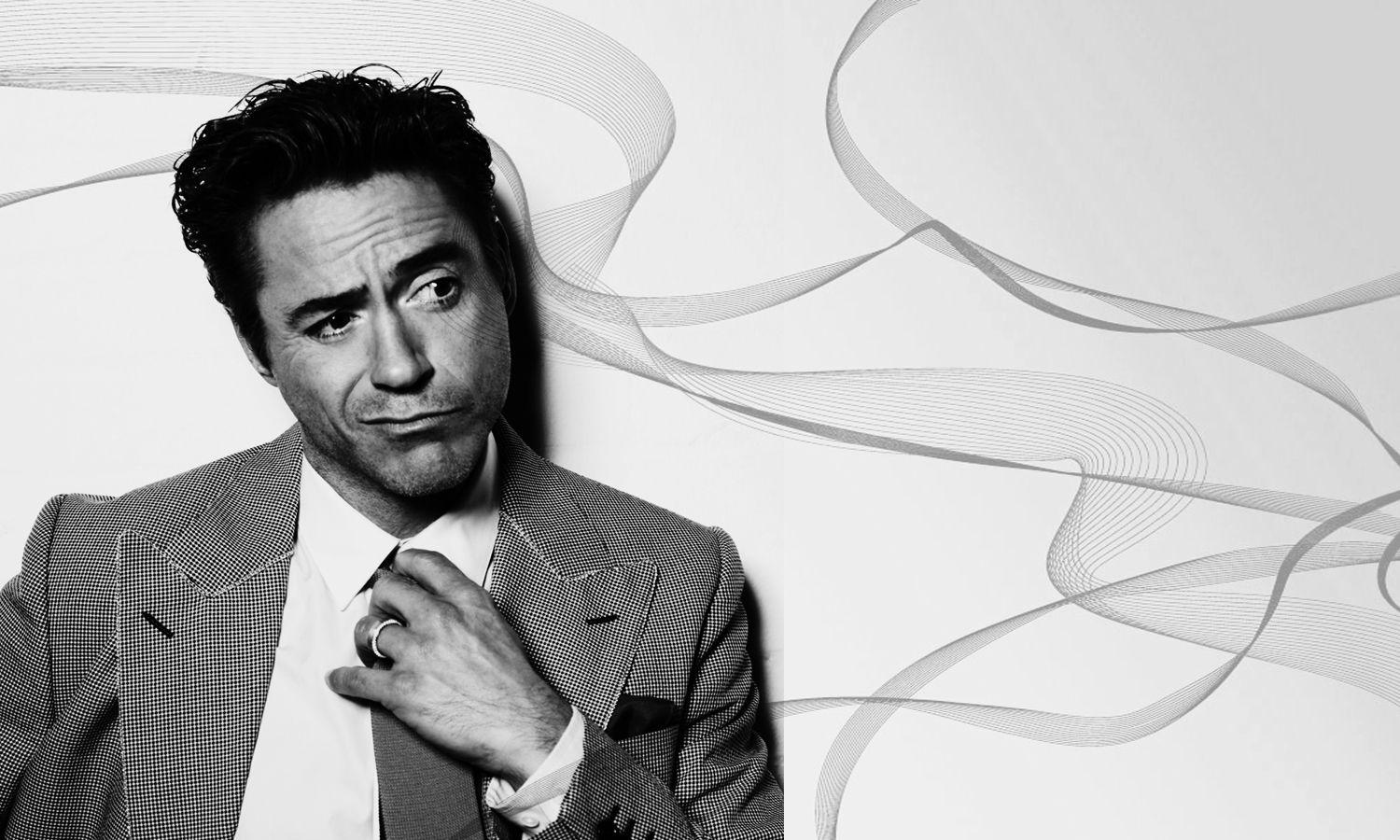
According to Downey, actors no longer have as much “wiggle room” to use their star power to persuade companies to finance passion projects that might be financially risky. He was able to make experimental films in the 1990s thanks to the industry’s shift away from the “blank check” approach.
A Desire to Stretch and Take Risks
Downey has enormous commercial success with Marvel movies like Iron Man and The Avengers, but he laments having the opportunity to accept challenging assignments at WB. The actor expressed optimism that he may find a studio open to funding his more daring ideas and that lightning will strike twice.
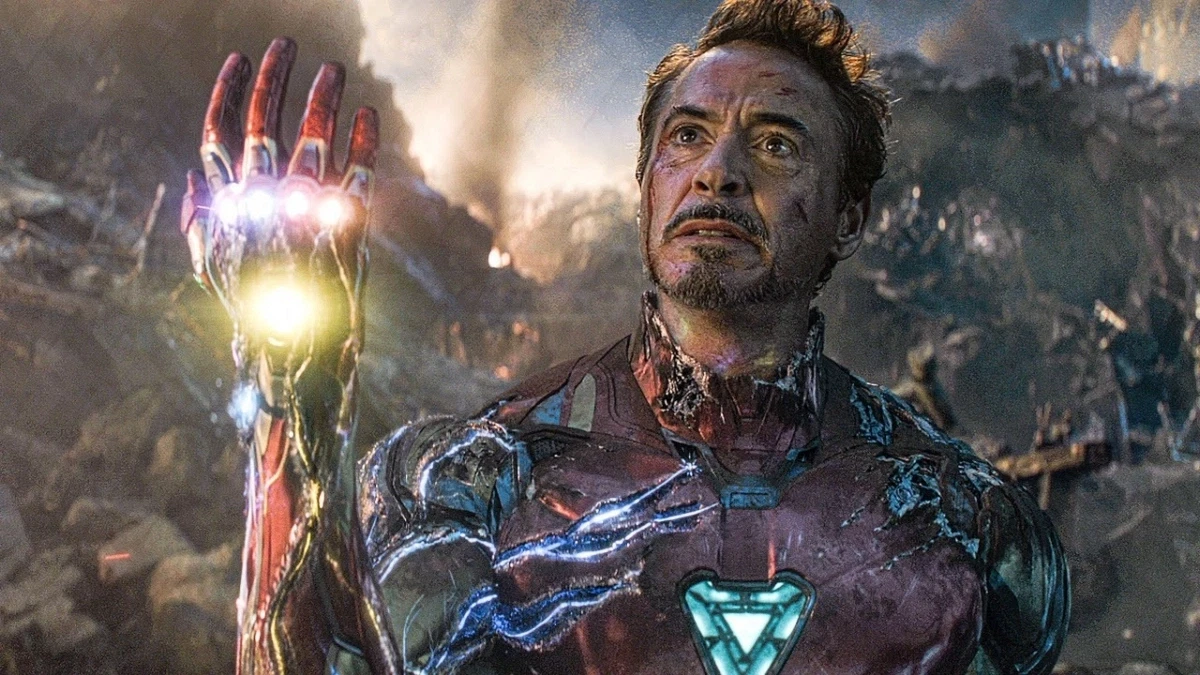
Downey wants to keep pushing himself and is still restless in his artistic endeavors. He still wants to shock viewers and explore intriguing subjects, despite Marvel’s blockbuster scale. Whether a studio will take a chance on Downey’s untested theories in the current risk-averse environment remains to be seen.
Robert Downey Jr. built much of his acting career thanks to Warner Bros. indulging his creative side, even when it led to financial losses. With studios now laser-focused on pre-established franchises, Downey misses the forgiving nature that allowed him to develop offbeat projects. Time will tell if he can recapture the artistic freedom of his early days in Hollywood.
Source: YouTube

